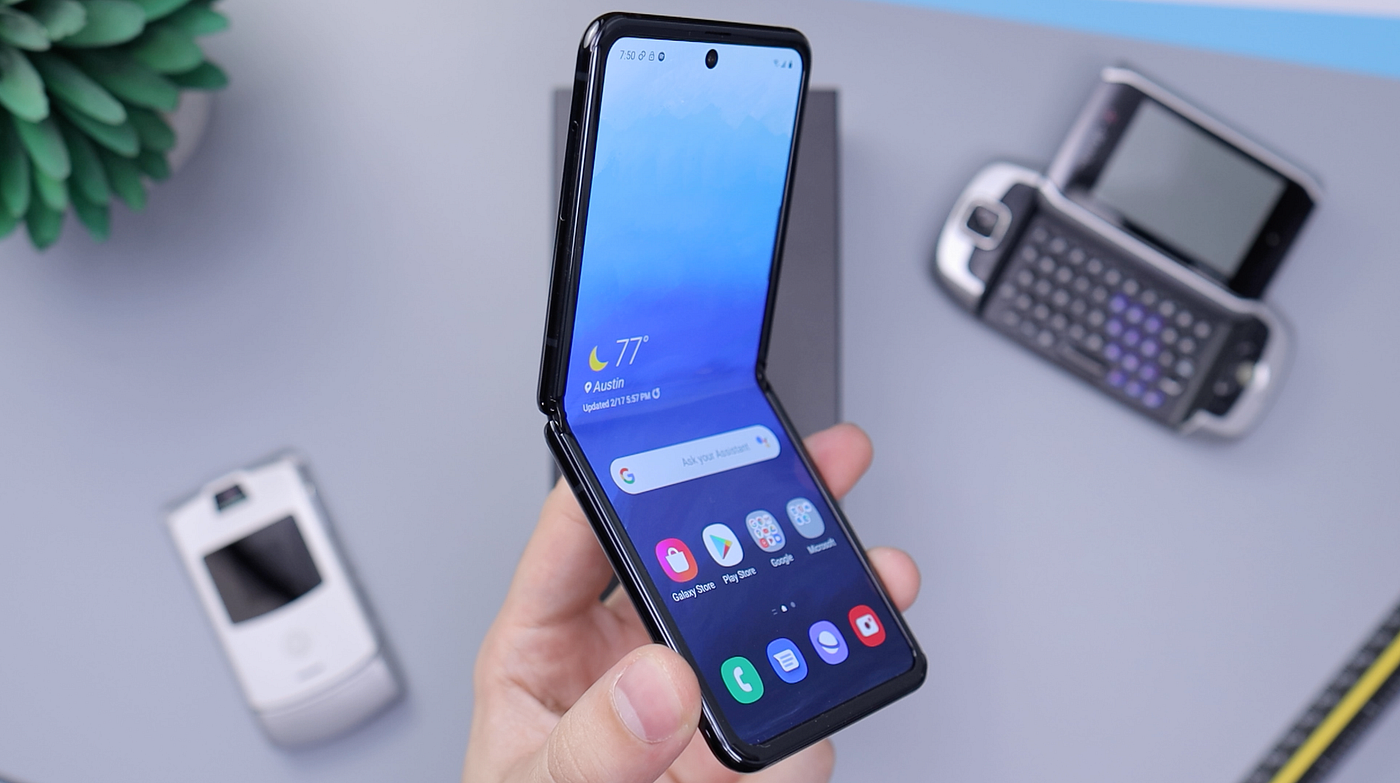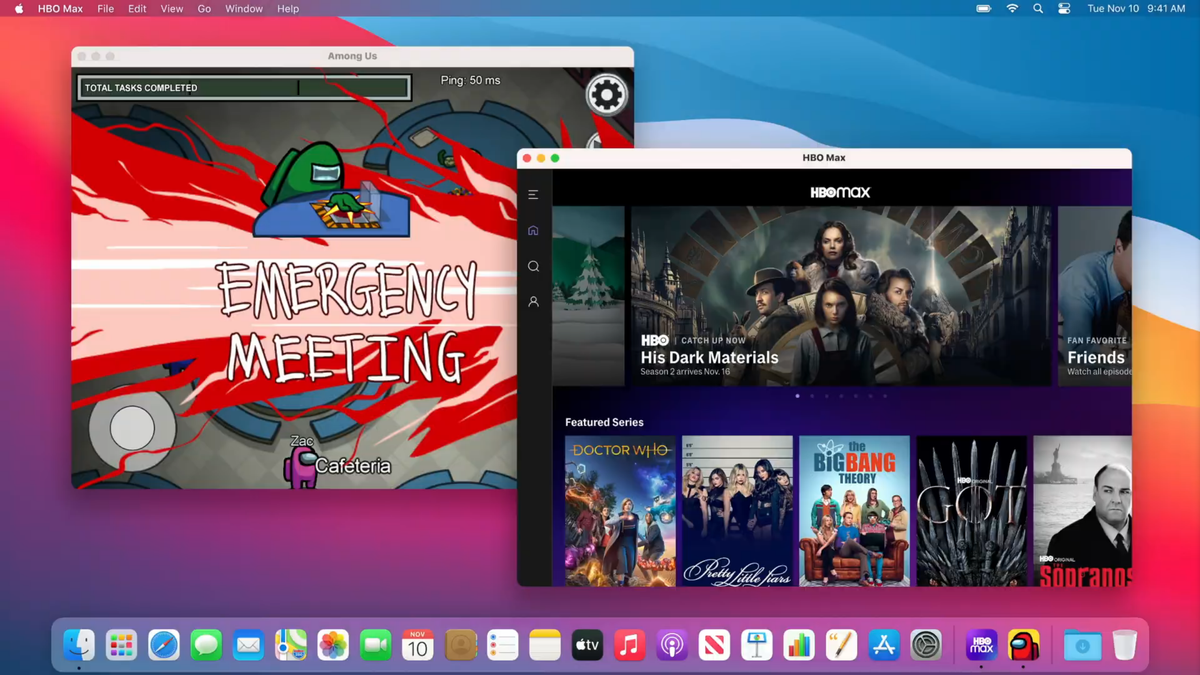As shown by developers, the emulator on M1 can render 8.94 frames with one watt of power, while the Intel MacBook Pro renders 1.38 frames per watt. There’s no denying it; macOS M1 hardware kicks.


WORKING - Android Emulator and Android Studio on Apple M1 Apple Silicon Tests. 2020 Mac mini (Top Spec) - Unboxing, Benchmarks and Software Test. Mac Mini M1 is Apple’s best value desktop ever. Powered by Apple’s M1 chip with 8-core processor and 8-core GPU, it is designed to run Apple’s MacOS, apps and Pro apps efficiently. There is also a growing number of native apps optimised to run on the M1 chip by third-party developers, but is it a. Dec 09, 2020 The Play Store version should already be available through Android Studio (Android R arm64 v8a Google Play). It's great that this is working via Android Studio (4.1.2) release which indeed includes Android R arm64 v8a with Google Play (Emulator version 30.3.5-7036990) - however, Chrome does not work and you can't navigate to any web pages which includes any authentication views that require.
I just got a new Mac Mini with M1 CPUs. The first thing I did was install Chrome. The next thing I did was install Flutter.
So I went to flutter.dev and downloaded the latest build. I extracted it, then created a new .zshrc and added flutter to my PATH. Then I ran flutter. It started downloading the Dart SDK, then threw this error:
A quick search on Google led me to this post. I installed Rosetta, then made Terminal.app open with Rosetta. For now I'll do this at the cost of performance, so that I don't have to hunt down which ones are compatible and which ones are not compatible with M1 yet.
And now that it's running fine, I realize there was indeed a note on installing Flutter on Macs with M1 processors:
Android Studio, Android Emulator, Visual Studio code are not ready for a stable build for M1, but it's being worked on. Things should get better in a few months at most. Until then there's always Rosetta.
Selecting an arm64 version of Android R did not work. So I had to use the emulator preview release.
It works mostly fine, except for WebView, says the documentation. When I tried it, it worked indeed. Then I launched my app, and clicked on the button to sign in. I'm using Firebase Auth, and what it does is, it makes you sign in... in a WebView. The WebView never showed up, and so I am unable to test my app in the emulator.
Can I run the Intel version of the emulator with Rosetta? No because the emulator uses virtualization, says the Android Studio team.
So I am stuck using my slower MacBook until they release a proper emulator.

Fast forward a few weeks, and it looks like new versions of the Emulator have been released. According to this post, it's even downloadable through the AVD Manager in Android Studio!
Mac Mini M1 Android Emulator Download
I followed the steps and downloaded the same image. However, the Emulator refused to run. The error was something like 'The Emulator was killed'. A quick search on Google reveals that quite a few users ran into the same issue a few days ago:
Emulator For M1 Mac
It looks like version 3 is broken, but version 2 isn't. The users show a way to manually replace that image with an old one, but I simply opted for downloading the separate Alpha Emulator from GitHub at https://github.com/google/android-emulator-m1-preview/releases/tag/0.3.
Mac Mini M1 Android Emulator Online
This version has WebViews, so I was able to run my Flutter app and sign in with Google. That will suffice for now!



